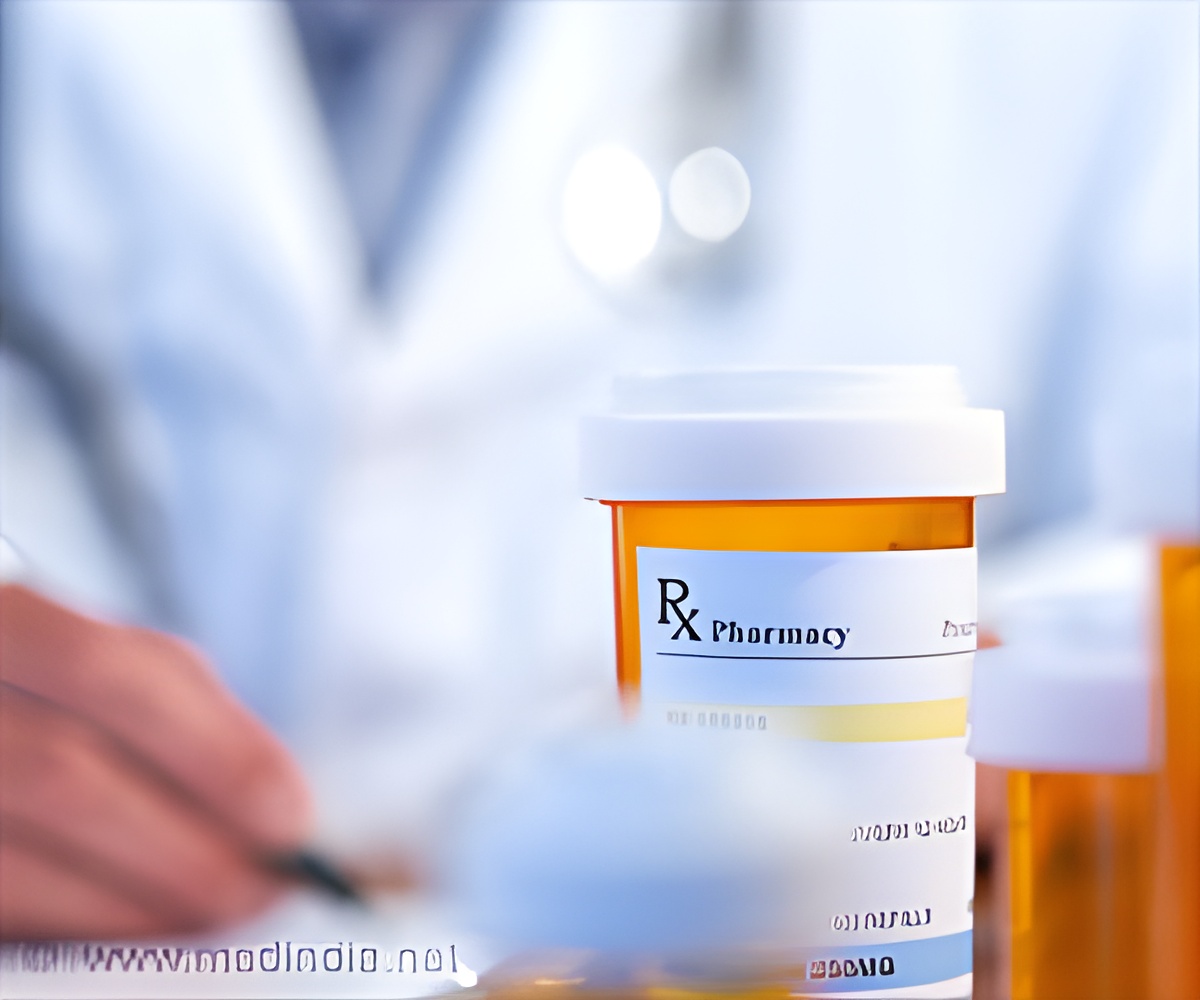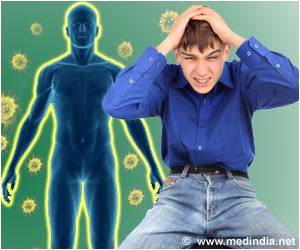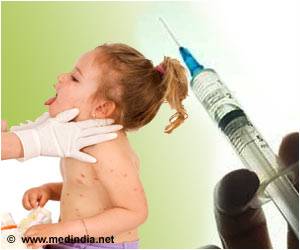The drug which is straightforward to synthesize and to couple to antigens that induce an immune response, may prove useful in the generation of vaccines.

‘By studying how the drug becomes attached to the TLR4 receptor, scientists are able to determine that this one involves two drug molecules binding to each other noncovalently at the active site of the target protein.’





In so doing, Dr. Beutler demonstrated that the mammalian Toll-like receptors (TLRs) sense microbial infections and launch the body's immune response. "This is the first drug that is designed to activate the TLR4/MD-2 complex, which normally senses bacterial LPS. The results show that the drug elicits the same shape change in TLR4/MD-2 as LPS does, but achieves this change by binding to different contact points on the surface of the protein," Dr. Beutler said.The researchers screened about 90,000 compounds for their ability to activate production of tumor necrosis factor alpha (TNFá), a cell signaling protein involved in inflammation. Two compounds with immune-cell stimulating activity were identified, the strongest of which was named Neoseptin-1. Through chemical modifications, the researchers created the more potent Neoseptin-3.
Dr. Beutler noted that the study was a multidisciplinary collaboration between his genetics laboratory; the structural biology laboratory of Dr. Hong Zhang, Associate Professor of Biochemistry and Biophysics at UT Southwestern; and chemistry and genetics laboratories at The Scripps Research Institute, where Dr. Beutler worked prior to returning to UT Southwestern.
By studying how the drug becomes attached to the TLR4 receptor using X-ray crystallography, we were able to determine that unlike any other drug target interactions studied, this one involves two drug molecules binding to each other noncovalently (without a chemical bond between the two molecules' electrons) at the active site of the target protein," he said. In mouse cell studies, Neoseptin-3 touched off an immune response similar to that caused by LPS.
But it did so by having contact with different amino acids in the TLR4 and MD-2 proteins. In addition to being a chemically very different molecule from LPS, Neoseptin-3 also generated a milder immune response, he said. In contrast, LPS induces a strong response that can be toxic.
Advertisement















